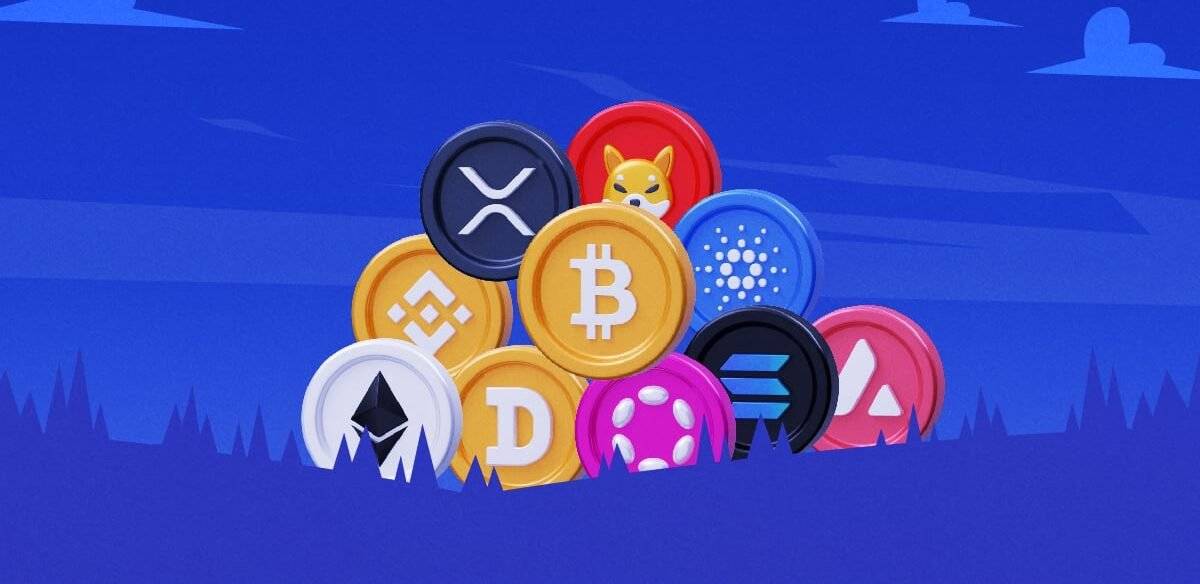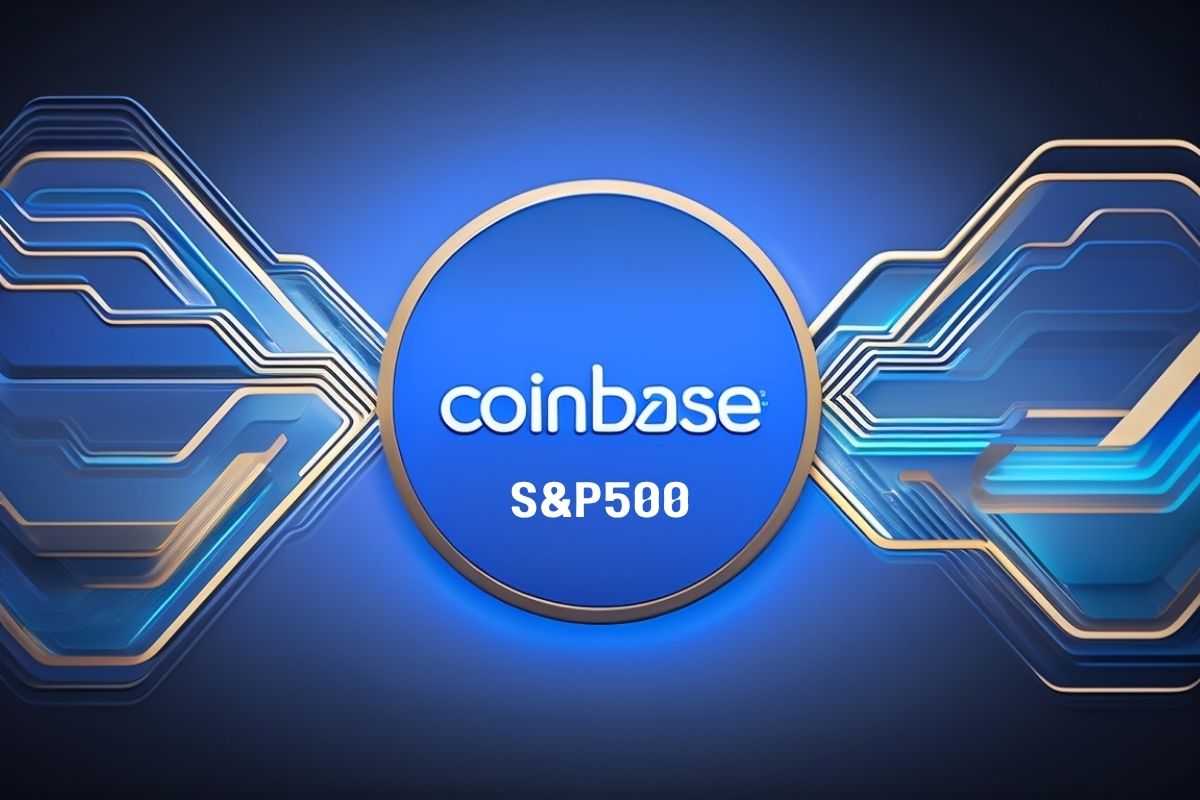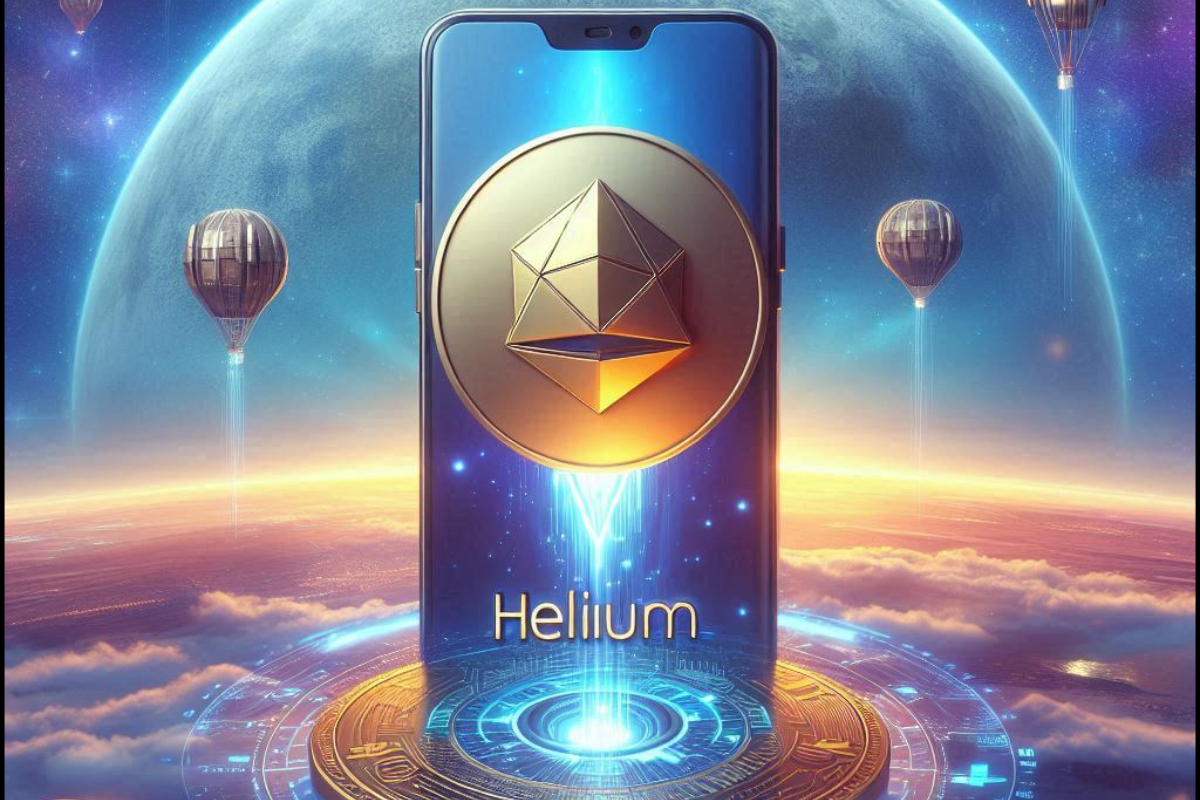10 best crypto tokens that have the potential to turn investors into billionaires
Introduction
Over the last few years, cryptocurrency has emerged as a significant participant in the financial markets, competing for a place in the portfolios of many investors. However, for people who are new to investing in the cryptocurrency market, understanding the current situation of the business and making informed decisions might be challenging. .
What Is Cryptocurrency
Crypto tokens are basically digital assets based on cryptography. They generate value from the different use cases that each token or responsibility aims to address. These currencies work on a blockchain, which is a decentralized, transparent log of transactions that is available to everyone. Particularly, every data or transaction recorded on a blockchain is permanent and reversible.
In the current context, the cryptocurrency sector provides a wide range of opportunities. From simple transactions to engaging with NFTs, sports platforms, and even gaming applications, you can explore a wide range of platforms and activities.
Top 10 Crypto Tokens in 2024
| Coin Name | Market Capitalization | Current Price |
| Bitcoin (BTC) | $1.3 trillion | $66,089 |
| Ethereum (ETH) | $359 billion | $2995 |
| Binance Coin (BNB) | $85 billion | $580 |
| Solana (SOL) | $72 billion | $162 |
| Ripple (XRP) | $28 billion | $0.51 |
| Dogecoin (DOGE) | $22 billion | $0.15 |
| Tron (TRX) | $10 billion | $0.12 |
| Polkadot (DOT) | $9.9 billion | $6.9 |
| Cosmos (ATOM) | $3.2 billion | $8.43 |
| Maker (MKR) | $2.5 billion | $2769 |
Bitcoin (BTC)
Bitcoin, the first and biggest crypto Token on the market, was the driving force for the entire cryptocurrency growth. From its humble beginnings in 2009, it has risen to impossible heights, grabbing the attention of investors, the media, and corporations.
The network serves as an alternate payment method to cash and is protected by Proof of Work consensus. All transactions are recorded on a blockchain, and miners receive rewards for each block of transactions they confirm.
Pros of Bitcoin
Most popular token, leading to substantial investment in the project.
Relatively steady in comparison to some new crypto coins.
Cons of Bitcoin:
BTC depends upon proof of work, which uses a lot of electricity and takes a long time to complete transactions.
BTC, as a measure of the overall crypto market, typically departs from general market dynamics and conditions.
Ethereum (ETH)
Ethereum has become one of the most powerful players in the field of digital currencies, followed by Bitcoin. It was the first to introduce the abilities of smart contracts, which lets developers make and automate several important features that we take for granted even now. Ethereum is the top blockchain to meet this requirement considering that it was created as a platform for decentralized finance and apps.
Ethereum’s benefits
The most significant stakeholder in the dApp and DeFi marketplaces. Because of its market domination, competitors must present even more compelling reasons for customers to switch.
The Proof of Stake consensus method used by Ethereum has significantly improved the blockchain’s performance. The next steps will mostly focus on enhancing TPS and reinforcing the existing strong security mechanisms.
Challenges for Ethereum
Ethereum periodically encounters high network traffic, which can cause transactions to slow down. To handle network traffic, it must rely on scalability solutions.
The cost of Ethereum transactions could potentially skyrocket. In some cases, the fees may exceed the value of the transaction.
Binance Coin (BNB)
Since it started in 2017, BNB has developed from a simple token to a driving force throughout its ecosystem. Initially, BNB was used to provide Binance cryptocurrency exchange users with exclusive utilization of ICOs, cheaper fees, and rewards.
This now acts as the foundation for the BNB Chain ecosystem, which participates with Ethereum for domination due to its high speed and low cost. It has proven itself in the industry as a trustworthy choice.
Pros of BNB
- Its low costs and fast throughput allow it to meet far higher demand than many competitors.
- Owning BNB offers benefits on the Binance exchange platform.
Cons of BNB
- BNB is a highly centralized token, as it is owned and administered by Binance. This limits the flexibility open to the community.
- BNB’s success is linked to Binance, which various nations’ regulators, including the UK, Japan, and Germany, have targeted.
Solana (SOL)
Solana is a decentralized blockchain network designed for scalability first and foremost. It is one of the fastest blockchains on the market, with transaction rates approaching 65,000 per second. It accomplishes this using the unique Proof of History consensus technique, which allows nodes to synchronize time across the network.
Solana is commonly regarded as a “Ethereum-killer” and one of the DeFi space’s fastest-growing projects.
Pros of Solana
- Solana is one of the fastest blockchains on the market, making it highly popular among investors.
- The platform also has very low transaction fees, with an average of $0.00025.
Cons of Solana
- Solana is not easily interoperable with Ethereum, thus restricting its smart contracts to those built for the network.
- Solana has experienced several network outages that have made it unreliable for its users.
Ripple (XRP)
Unlike other general-purpose coins, XRP focuses on developing payment solutions for banks and financial organizations. It addresses a number of issues with rival international settlement systems such as SWIFT. XRP allows transfers to be executed in seconds rather than hours or days.
Ripple has made traditional finance considerably more accessible to users through the effective usage of blockchain technology.
Pros of Ripple
- Much faster than competitors such as SWIFT.
- Lower the hurdles to banking and international settlement, hence increasing access.
Cons of Ripple
- The network is extremely centralized, with all transactions validated by a federated group of financial institutions.
- Ripple Labs is now involved in a legal battle with the US Securities and Exchange Commission.
Dogecoin (DOGE)
Regarding investors, Dogecoin is one of the most popular tokens. Although it started out as a joke about Bitcoin, it soon gained fame online and attracted an attentive following. The fact that it is based on the well-known “Doge” meme sets it apart.
Elon Musk and Vitalik Buterin, two of the biggest names in the cryptocurrency the universe, supported the idea. It is important to highlight that Dogecoin has no real worth other than being a joke currency with a vibrant community. Investors should conduct in-depth research before making a Memecoin investment.
Pros of Dogecoin
- The unique value proposition of a Memecoin that has sustained its power in the market.
- Active community working for the token’s success.
Cons of Dogecoin
- No practical application, value is only based on a meme.
- There is no cap on the total supply of DOGE, which leads to inflation in the token.
Polkadot (DOT)
Polkadot is a Layer-0 protocol aiming to simplify communication and security across various blockchains, enabling them to easily speak with one other. This permits for the transfer of various forms of digital assets, like as tokens and smart contracts.
This protocol supports the connecting of private and public blockchains, oracle services, and other networks. It facilitates the sharing of information across multiple networks and protocols.
Advantages of Polkadot
The Polkadot protocol’s most notable quality is its interoperability. It facilitates connection among multiple blockchains, enabling them to share data and assets.
Polkadot is a very active platform that provides developers a dynamic environment for constructing applications.
Disadvantages of Polkadot
Polkadot has considerable competition from other platforms like as Cardano and Cosmos, as they fight for a greater portion of the market.
Slots for independent blockchains are provided by auction, making it hard to secure them without access to enormous funds.
SHIBA INU (SHIB)
Shiba Inu coin, commonly known as SHIB, is a decentralized cryptocurrency that was created in August 2020. It’s an Ethereum-based ERC-20 token and is considered a meme coin, which means it was inspired by an internet meme or has some humorous characteristic. In the case of SHIB, it’s themed around the Shiba Inu dog breed, which is also the mascot for Dogecoin, another well-known cryptocurrency.
SHIB gained popularity and attention due to its community and the massive gains it made in a short period. It’s part of a larger ecosystem that includes a decentralized exchange called ShibaSwap, and it has related tokens like LEASH and BONE. The Shiba Inu ecosystem also plans to release a dedicated Layer 2 blockchain called Shibarium to enhance transaction efficiency.
Pros of Shiba
- Valuable Meme Crypto Brand: Shiba Inu has leveraged meme-friendly branding, similar to Dogecoin, to stand out in the crowded cryptocurrency market, gaining significant social media traction.
- Shibaswap: The creation of Shibaswap by Shiba Inu developers aims to enhance community engagement and brand building within the Shiba ecosystem.
- Potential for Robinhood Trading: Shiba Inu’s potential inclusion on platforms like Robinhood presents an opportunity for increased accessibility and trading volume.
Cons of Shiba
- Extreme Volatility: The rapid price fluctuations of Shiba Inu pose risks for investors, with the average holding period being just 13 days, indicating high volatility and potential for significant losses.
- Lack of Real-World Utility: Shiba Inu has limited real-world utility, is accepted by only a few dozen vendors globally, and lacks distinctive features to set it apart in the competitive cryptocurrency landscape.
Cardano (ADA)
Cardano, also referred to as ADA, is a public blockchain platform that is open-source and decentralized. It uses a proof-of-stake (PoS) consensus method, which is a less energy-intensive alternative to the proof-of-work (PoW) approach used by first-generation cryptocurrencies such as Bitcoin.network1.
Here are some key points about Cardano:
- Peer-Reviewed Research: It’s the first blockchain platform to be built through peer-reviewed research and developed through evidence-based methods.
- Ouroboros Protocol: Cardano uses the Ouroboros protocol, which is a pioneering PoS technology that ensures security and sustainability of the network.
- Smart Contracts and DApps: It supports smart contracts and decentralized applications (DApps), aiming to provide more advanced features than any protocol previously developed
- Global Change: Cardano aims to redistribute power from unaccountable structures to individuals, enabling positive global change.
As for the cryptocurrency ADA, it is used to facilitate peer-to-peer transactions within the Cardano network. The live price of Cardano (ADA) as of today is $0.4555 USD with a 24-hour trading volume of $420,718,264.18 USD.
The price can fluctuate, so for the most current information, it’s best to check a live cryptocurrency market tracker
Avalanche (AVAX)
Avalanche (AVAX) is a blockchain platform and cryptocurrency that has gained a reputation as a competitor to Ethereum. Here are some important points about Avalanche
Cryptocurrency and Blockchain Platform:
- AVAX is the native token on the Avalanche network.
- Avalanche, like Ethereum, uses smart contracts to facilitate a variety of blockchain projects12.
Features of Avalanche (AVAX)
- Scalability: Avalanche aims to scale infinitely and regularly finalizes transactions in less than one second.
- Versatility: Developers can build anything they want on Avalanche, with advanced tooling and low-code options.
- Security: Avalanche’s novel architecture allows for a universe of interconnected blockchains validated by dynamic subsets of validators.
- Affordability: Avalanche provides cost-effective solutions for decentralized applications (dApps).
- Accessibility: Avalanche is designed to be accessible for Web3 developers
Community and Sustainability
- Avalanche has a vibrant and diverse community, with members from various backgrounds and languages.
- It is also an eco-friendly blockchain, consuming energy equivalent to only 46 US households per year according to the Crypto Carbon Ratings Institute
In summary, Avalanche (AVAX) offers a fast, secure, and sustainable platform for building decentralized applications and supporting blockchain projects. Its scalability and low-latency transaction finality make it an attractive choice for developers in the Web3 space
Disclaimer: The information provided here is for general informational purposes only and should not be considered an individualized recommendation or personalized investment advice. The investment strategies mentioned here may not be suitable for everyone. Each investor needs to review an investment strategy for his or her own particular situation before making any investment decision.
Read more
Dogecoin & Gamestop: Free Crypto Analysis Report
Reaching New Heights with Dow Jones 40,000-Milestone

Jessica Hill is a dedicated journalist specializing in crypto news, with a profound interest in blockchain technology and digital currencies. With extensive experience in the financial sector, Jessica provides insightful analysis and in-depth coverage of the rapidly evolving cryptocurrency landscape. Her articles explore the intersection of technology, finance, and regulation, offering readers a nuanced perspective on developments within the crypto industry.






